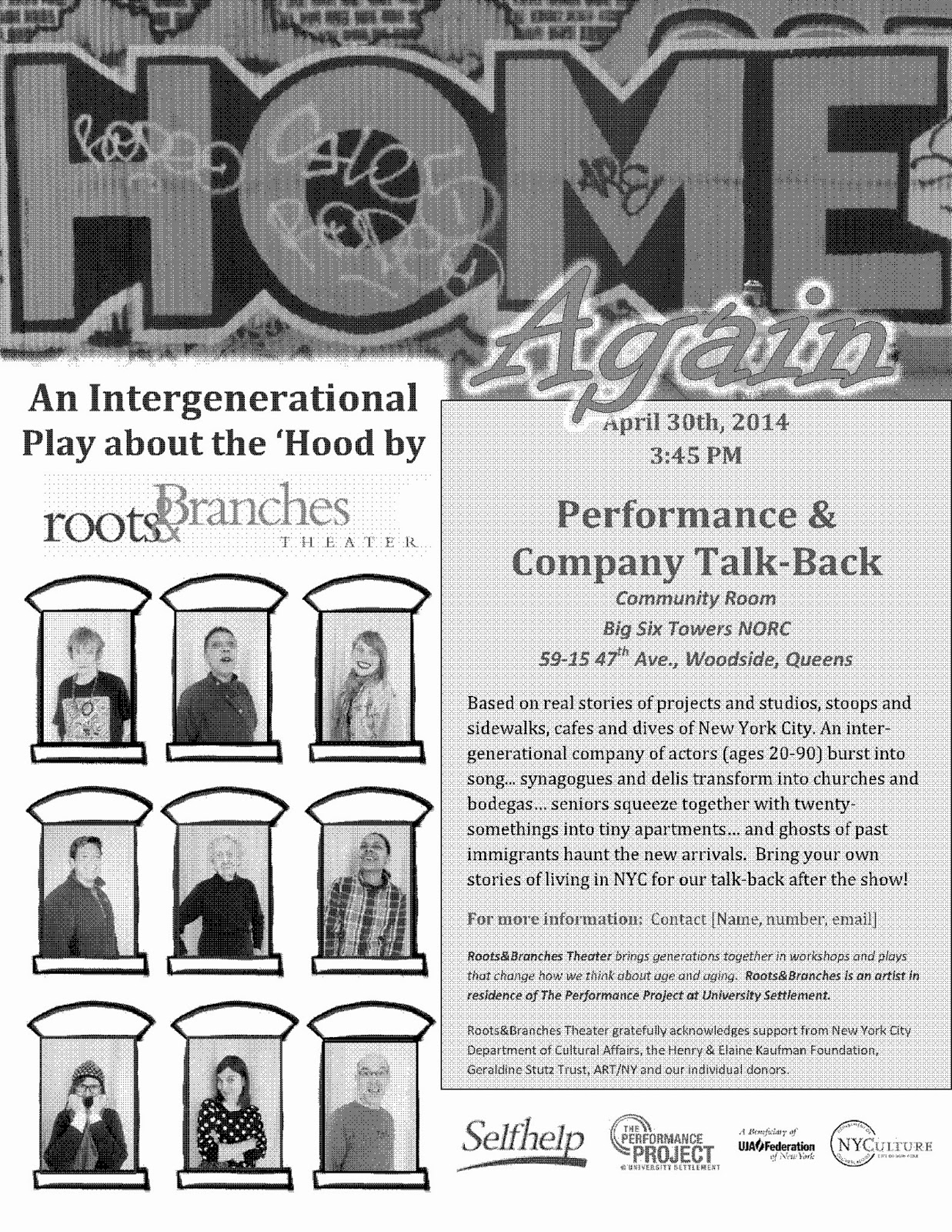Important Notice
SCRIE
(Senior Citizen Rent Increase Exemption)
New Income Limit!
Starting on July 1, 2014 the household income
to qualify for SCRIE rose from $29,000 to
$50,000.
➢ Be at least 62 years old
➢ Have a combined household income that is
$50,000 or less
➢ 1/3 of your monthly income must be less than your base rent.
For more information and assistance, please contact the
Big Six NORC Office at 718-565-6569
Big Six NORC Office at 718-565-6569




